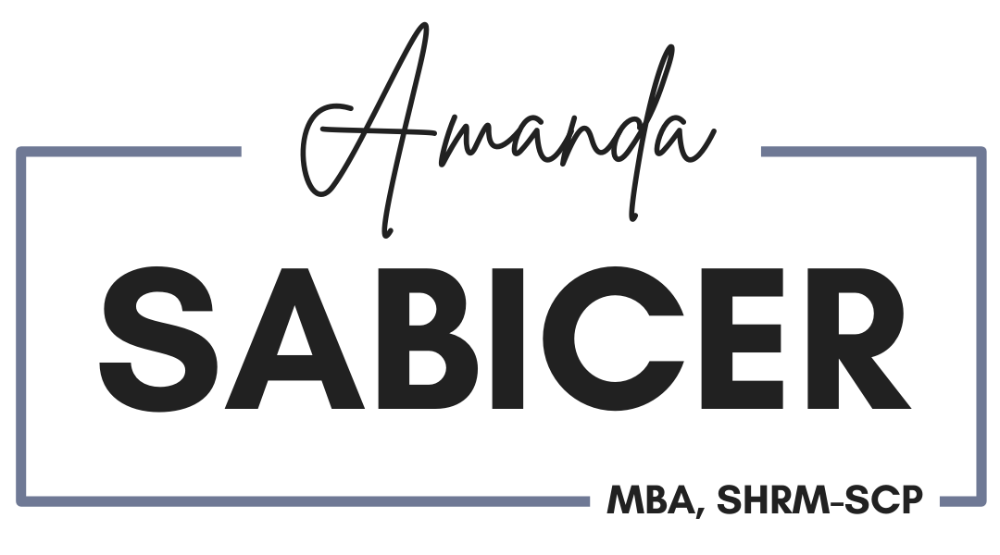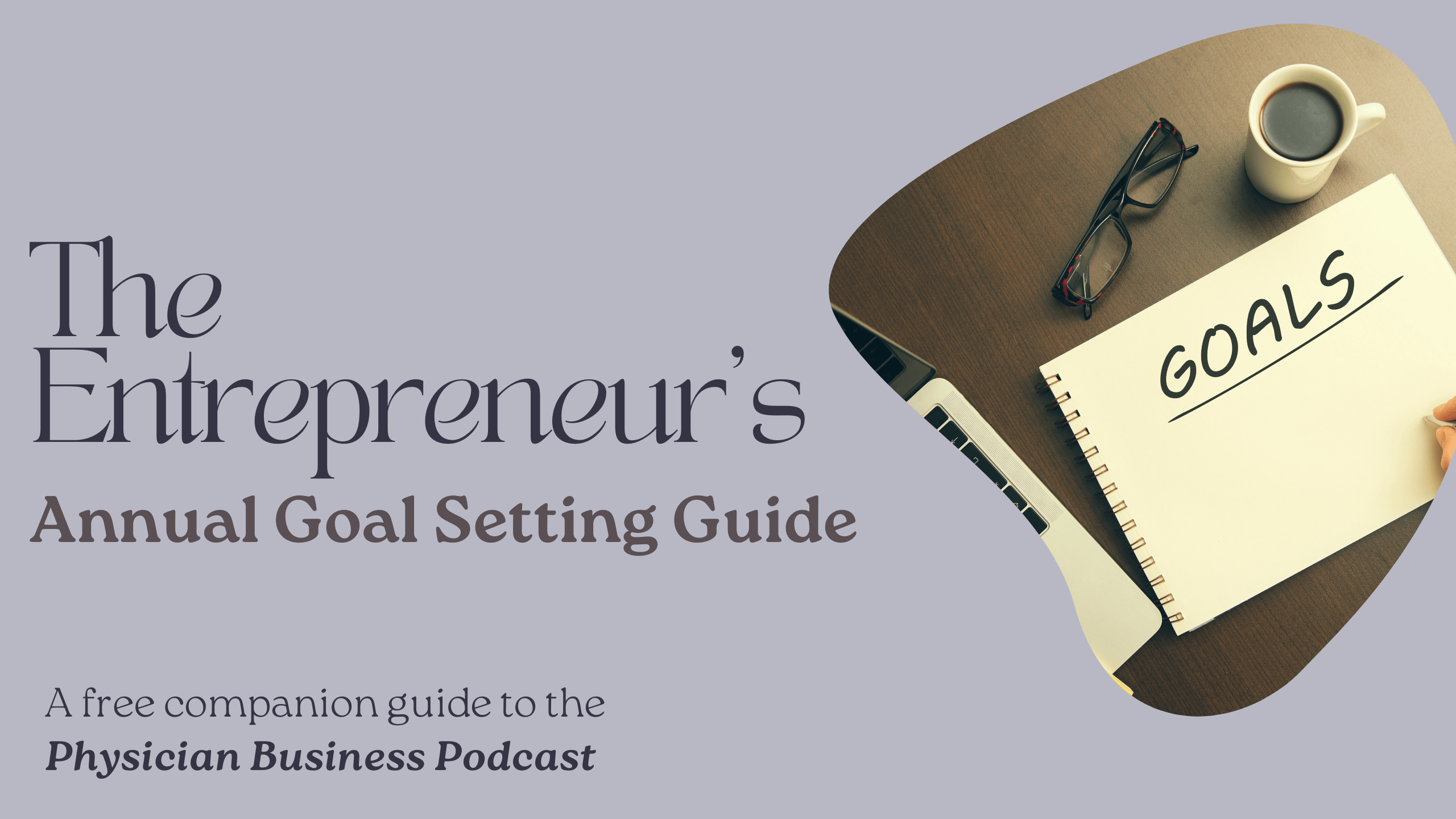16. The Two Tools That Will Break Your Perfectionism Habit
Oct 29, 2025You have a brilliant idea for your business, but the moment you're ready to act, perfectionism slams on the brakes. Suddenly you're second-guessing everything, talking yourself out of action, and watching imposter syndrome take over.
If you're a physician building a business, you're learning something new every single day. And that discomfort can trigger old patterns: the need to get it "right," to avoid mistakes, and to seek external validation. But the reality is that perfectionism doesn’t keep you safe… it keeps you standing still.
In this blog, I break down two powerful frameworks that will help you reframe perfectionism once and for all. You’ll learn how mindfulness and imperfection go hand in hand, why discomfort is a natural part of growth, and how your childhood definition of “perfect” may be holding you back from your full potential.
When Perfectionism Shows Up Uninvited
During a recent coaching session, something powerful came up that I couldn’t keep to myself. As my client and I unpacked a business decision, it became clear that underneath her uncertainty was a familiar pattern: perfectionism. The idea was strong, but that need to “get it just right” had quietly brought everything to a halt.
I see this happen all the time. My clients have brilliant ideas, and then when perfectionism appears, they talk themselves out of trying something new. Part of my job is to help my clients make better decisions as CEOs, not just as good people or high achievers, but as true entrepreneurs.
The other part is helping them see themselves and their world differently. Because if they want to step fully into the CEO role, they have to be willing to let go of the old stories they’ve been carrying about who they are and how things “should” be.
Framework #1: Dr. Ellen Langer’s Mindfulness Insight
The first thing I shared with my client was a powerful quote from Dr. Ellen Langer, a leading researcher on mindfulness. She said, “You either do things imperfectly mindfully or perfectly mindlessly.”
It’s a bit of a tongue twister, but her point is clear: true mindfulness requires imperfection.
When you’re chasing perfection, you stop paying attention and go on autopilot. You’re so focused on the end result that you miss what’s happening in the moment: the learning, the experimentation, the growth.
Think about it: have you ever driven somewhere, arrived safely, and then realized you don’t remember the drive itself? Those were real minutes of your life, but your brain checked out because the experience was too familiar. You were functioning perfectly but mindlessly.
Now think about the last time you were learning something new. It probably required your full attention. You might have felt frustrated or uncomfortable, but you were fully present. That’s mindfulness.
When you accept imperfection, you become more present. You notice the small details, you adapt, and you stay curious. That’s where creativity and insight live. A “perfect” life or business might sound ideal, but in reality, it would be robotic and dull. Growth only happens when things feel a little uncertain.
Framework #2: The Four Stages of Competence
The second framework I shared with my client is called The Four Stages of Competence. It’s a simple but powerful way to understand what’s happening in your brain when you’re learning something new.
Picture a graph with “conscious” on one axis and “competence” on the other. Here’s how it breaks down:
- Stage 1: Unconsciously Incompetent
You don’t know what you don’t know. This is the moment before you realize there’s something new to learn. - Stage 2: Consciously Incompetent
This is the tough one. You become aware of what you don’t know, and it’s uncomfortable. This is where most people give up because the discomfort feels too heavy. - Stage 3: Consciously Competent
You start to get it. You can perform the new skill, but it still requires focus and effort. - Stage 4: Unconsciously Competent
Eventually, you’ve practiced enough that it becomes second nature (like driving to the grocery store without thinking about every turn).
This framework matters because it normalizes the discomfort of growth. When you’re running a business, you live in these stages constantly. Every week brings new skills, systems, and decisions. Feeling awkward or uncertain doesn’t mean you’re failing, it just means you’re learning.
When I lived in Germany during my senior year of high school, I experienced this firsthand. At first, I was exhausted all the time. New language, new culture, new everything. But over time, as I practiced, what once felt impossible started to flow naturally. By the end of the year, I was speaking German without even realizing it. That’s what happens when you push through the discomfort and grow into competence.
Where Does Your Perfectionism Come From?
Now I want you to pause and ask yourself:
When you were growing up, how did you know something was done perfectly?
For me, it looked like this:
- I didn’t get in trouble with an authority figure.
- I got praise, rewards, or validation from someone else.
- There were no mistakes or complaints.
- What I did looked like what everyone else was doing.
Looking back, I can see that my definition of “perfect” wasn’t really about success, it was about safety.
That version of perfectionism is frozen in time. It’s the child version of me that believed being perfect would keep me safe, accepted, and loved. But that mindset doesn’t serve the adult version of me who’s building a business and taking risks.
Perfectionism can feel virtuous, but in reality, it’s a false sense of security. It creates the illusion of progress while keeping you stuck.
Why Perfectionism Doesn’t Belong in Your Business
Perfectionism can make you believe that if you just do things well enough, you’ll finally feel safe and successful. But that’s not how growth works.
When perfectionism takes the wheel, it leads you to overthink, overwork, and overanalyze. You become more focused on how things look to others than on what actually moves your business forward.
Real progress doesn’t come from getting it right every time. It comes from showing up, experimenting, failing, and trying again.
Take a few minutes to reflect:
- How does perfectionism show up in your life or business?
- Where do you think it came from?
- What would it look like to define “perfect” differently?
Because the reality is, when everything goes “perfectly,” you’re not growing—you’re staying safe. And you were never meant to stay small.
Ready to break free from perfectionism?
Understanding where it comes from is the first step. The next step is learning to lead yourself and your business with confidence, even when things feel uncertain. If you’re ready to practice that kind of growth, book a complimentary discovery call to see how coaching can help you make confident CEO decisions and let go of the stories that are keeping you stuck.


